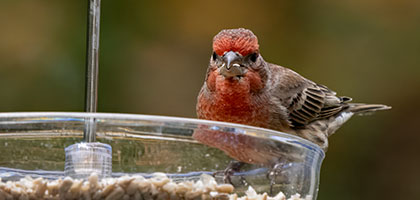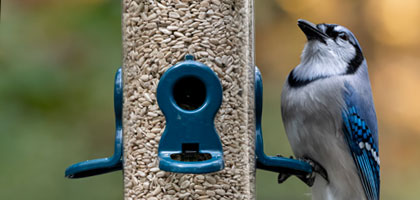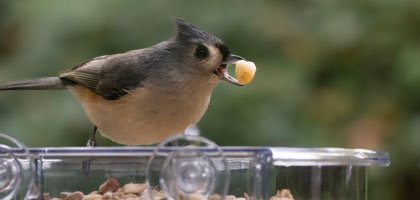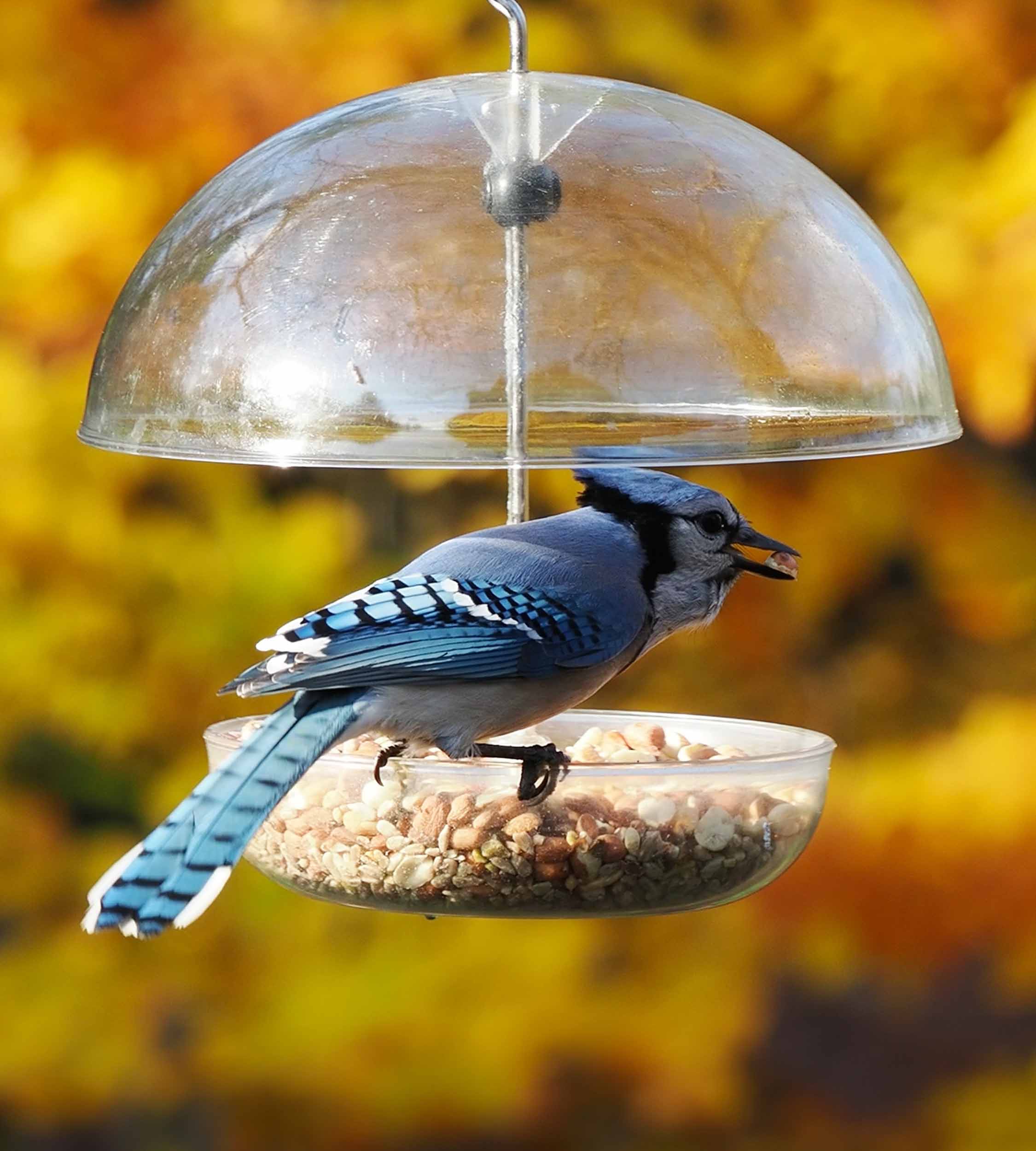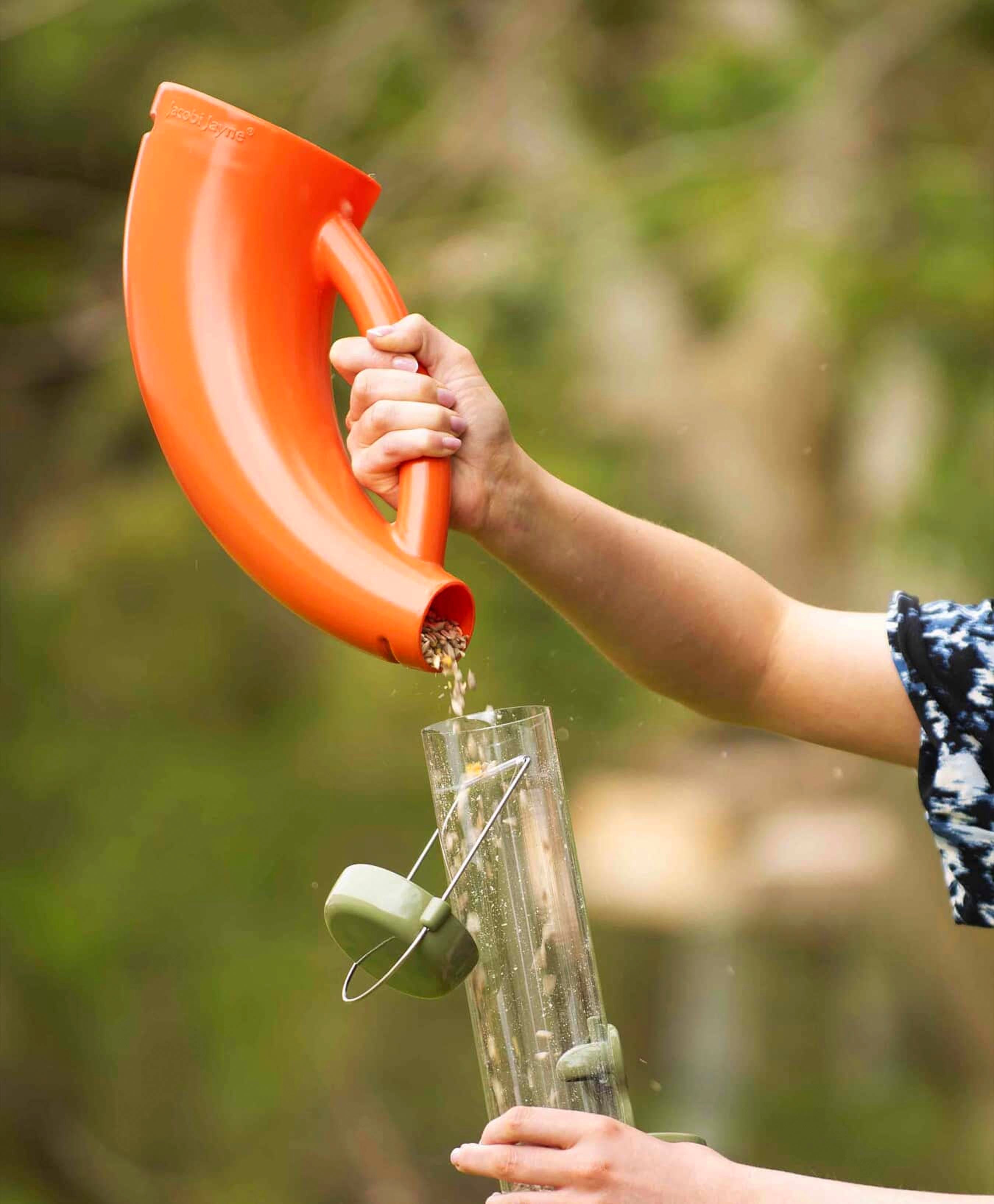Young birds, especially those that have recently left the nest, require proper care and nourishment to grow strong and healthy. Whether you’re trying to help a fledgling or offering food to young birds in your yard, it’s essential to provide the right kind of food and follow the best practices. In this guide, we’ll discuss the key aspects of feeding young birds, what foods to offer, and how to create a safe feeding environment for them.
1. Understanding the Needs of Young Birds
Young birds, particularly fledglings, rely on their parents for food during their early stages. These birds typically eat the same types of food as adult birds but may require softer, more easily digestible options. If you encounter a young bird in your yard or garden, remember that:
• Parental Feeding: Most young birds are fed by their parents, even after leaving the nest. It’s important to not intervene unless the bird appears abandoned or injured.
• Hydration: Young birds get most of their hydration from the food their parents provide. Offering fresh water in shallow dishes can help, but avoid deep containers that can pose a risk of drowning.
2. What to Feed Young Birds
Here are some foods that are safe and nutritious for young birds:
• Moistened Dry Dog or Cat Food: Soak dry dog or cat food in water to soften it before feeding. This provides essential proteins and fats.
• Cooked Egg Yolks: Hard-boiled egg yolks offer a great source of protein. Crumble them into small pieces that are easy to consume.
• Insects: Mealworms, small crickets, and other insects are a natural part of many young birds’ diets. Offer live or dried mealworms, which are high in protein.
• Chopped Fruits: Soft fruits like apples, pears, and berries can be fed to young birds in small, easy-to-eat pieces.
• Soaked Birdseed: Regular birdseed can be soaked in water to make it softer and easier for young birds to consume.
3. What to Avoid Feeding Young Birds
Certain foods are not suitable for young birds and should be avoided:
• Bread: Bread offers little nutritional value and can cause digestive issues.
• Milk: Birds cannot digest dairy products like milk, and it can lead to serious health problems.
• Salted or Seasoned Foods: Avoid giving young birds any human food that contains salt, spices, or other additives.
• Raw Meat: Although some birds eat insects, raw meat or processed meat can be harmful to young birds.
4. How to Feed Young Birds in Your Yard
If you’re feeding young birds in your yard, it’s important to create a safe and comfortable environment:
• Use a Shallow Feeder: For young birds, provide a shallow feeder or tray that is easy for them to access. Avoid deep containers that may be difficult for them to reach.
• Place Feeders in a Safe Location: Ensure that your feeders are placed in areas safe from predators such as cats or large birds. Elevated feeders can help keep young birds protected.
• Offer Fresh Water: Provide shallow water dishes nearby to help young birds stay hydrated. Change the water regularly to keep it clean and fresh.
5. Helping Orphaned or Injured Birds
If you come across a young bird that appears injured or abandoned, it’s essential to follow the right steps:
• Observe Before Intervening: Sometimes, what seems like an abandoned bird is simply waiting for its parents to return. Observe the bird for a while before deciding to intervene.
• Contact a Wildlife Rehabilitator: If the bird is truly abandoned or injured, contact a licensed wildlife rehabilitator or a local animal rescue organization. They will be able to provide the specialized care the bird needs.
• Avoid Feeding in Case of Injury: If the bird is injured, it’s best not to try feeding it yourself. Improper feeding can cause more harm than good. Wait for professional help.
6. Best Time to Feed Young Birds
Young birds may feed throughout the day, but mornings and evenings tend to be the most active times for feeding. If you’re supplementing food, try to place food out early in the morning so that the young birds have access to it throughout the day.
Conclusion
Feeding young birds can be a rewarding experience, but it’s important to ensure they are getting the proper nutrition. By providing a mix of protein-rich foods like insects, moistened dog food, and soft fruits, you can help young birds grow strong and healthy. Always be mindful of creating a safe environment for feeding and avoid human foods that can be harmful to birds. Remember to intervene with care if you suspect a bird is abandoned or injured, and always seek professional help when needed.
